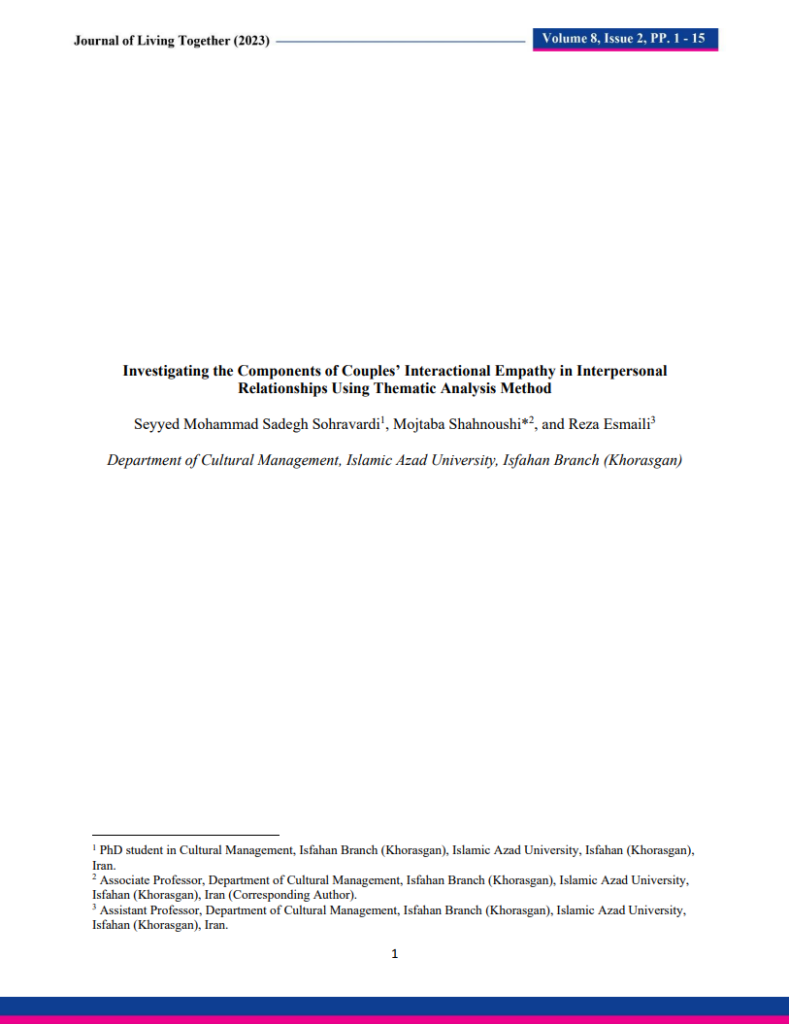Contentions over the Public Space: Reconsidering Religious and Secular Voices for Peace and Justice
Abstract:
While religious and ethnic conflicts usually occur over issues such as subjugation, power imbalance, land litigation, etc., modern conflicts – be it political or social – tend to be struggles over recognition, accessibility to the common good, and human rights issues. Against this background, conflict resolution and peacebuilding efforts in traditional societies with people of common religious, cultural, ethnic and linguistic interests can be suppressed more than in a state where there is a lack of religious and ethnic homogeneity. The governments of pluralist states play a key role in addressing economic, political and social inequalities. Modern states, therefore, need to conceptualize a public space that is able to confront the challenges of pluralism and diversity in their conflict resolution and peacebuilding efforts. The pertinent question is: in an advanced postmodern world, what should influence political leaders’ decision-making on public issues that affect pluralist cultures? In responding to this question, this paper critically examines the contributions of Judeo-Christian philosophers and secular political liberals to the debate on the separation between church and state, and highlights the important aspects of their arguments that can help create a public space needed to foster peace and justice in contemporary pluralist states. I argue that even though contemporary societies are characterized by pluralism, differing ideologies, diverse beliefs, values, and different religious convictions, citizens and political leaders may draw lessons from the skill set and intervention strategies rooted in both secular and Judeo-Christian religious thought, which include negotiation, empathy, recognition, acceptance and respect for the other.
Read or download full paper:
Journal of Living Together, 6 (1), pp. 17-32, 2019, ISSN: 2373-6615 (Print); 2373-6631 (Online).
@Article{Sem2019
Title = {Contentions over the Public Space: Reconsidering Religious and Secular Voices for Peace and Justice}
Author = {Daniel Oduro Sem}
Url = {https://icermediation.org/religious-and-secular-voices-for-peace-and-justice/},
ISSN = {2373-6615 (Print); 2373-6631 (Online)}
Year = {2019}
Date = {2019-12-18}
Journal = {Journal of Living Together}
Volume = {6}
Number = {1}
Pages = { 17-32}
Publisher = {International Center for Ethno-Religious Mediation}
Address = {Mount Vernon, New York}
Edition = {2019}.


